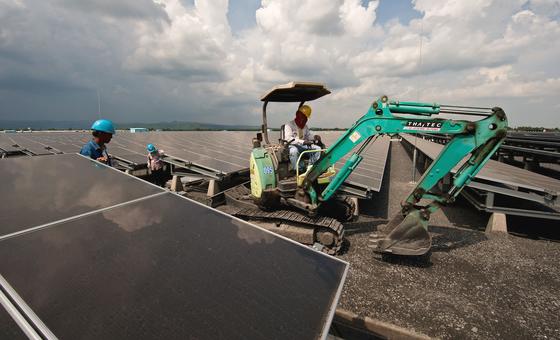Introduction:
In recent years, the automotive industry has witnessed a paradigm shift towards sustainable transportation solutions, with electric vehicles (EVs) at the forefront of this revolution. As concerns about climate change and depleting fossil fuel resources grow, the adoption of EVs has gained momentum, promising a greener and more energy-efficient future. One crucial factor driving this change is the remarkable decrease in the cost of electric vehicles, making them more accessible to consumers than ever before. This article delves into the cultural, technical, and historical aspects of EVs while exploring interesting facts and examples that illustrate their transformative potential.
The Cultural Shift towards Electric Vehicles:
The transition to electric vehicles represents a cultural shift in the way society perceives transportation. With increasing awareness about environmental impact, consumers are prioritizing eco-friendly options. EVs have emerged as an emblem of sustainable living and a status symbol for those committed to reducing their carbon footprint.
Technical Advancements Paving the Way:
Technological advancements have been instrumental in driving down the cost of electric vehicles. Improved battery technologies, such as lithium-ion batteries, have led to enhanced range, shorter charging times, and increased durability. Additionally, advancements in power electronics, electric motor efficiency, and regenerative braking systems have contributed to making EVs more cost-effective and practical.
Historical Context: From Humble Beginnings to Mass Adoption:
The history of electric vehicles dates back to the early 19th century, where the first practical electric vehicle was built. Over the years, internal combustion engines dominated the automobile industry due to factors like range limitations and high manufacturing costs associated with EVs. However, recent years have witnessed a resurgence in the popularity of electric vehicles, primarily driven by concerns over climate change and the need for sustainable transportation alternatives.
Interesting Facts:
a) The Tesla Roadster, introduced in 2008, marked a turning point in the EV industry by demonstrating that electric vehicles could be both high-performance and stylish.
b) Norway leads the global transition to electric vehicles, with EVs accounting for over 50% of new car sales in 2021.
c) The total cost of ownership (TCO) for an electric vehicle is gradually becoming lower than that of traditional gasoline-powered cars due to reduced maintenance and operational costs.
Exemplifying the Potential:
A notable example of how the decreasing cost of electric vehicles can increase their usage is the case of China. With aggressive government policies, China has been able to achieve significant economies of scale in EV production, driving down costs and making electric vehicles more affordable for the average consumer. Consequently, China has become the largest market for electric vehicles globally, with millions of units sold annually.
Conclusion:
The decreasing cost of electric vehicles presents a golden opportunity for a sustainable transportation revolution. As technological advancements continue to push the boundaries of affordability and performance, the widespread adoption of EVs seems inevitable. The convergence of cultural, technical, and historical factors, coupled with interesting facts and successful examples, emphasizes the transformative potential of electric vehicles and highlights the significant role they will play in shaping our future mobility landscape. The time for electric vehicles has arrived, and their adoption will undoubtedly pave the way for a cleaner and more sustainable tomorrow.












